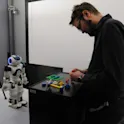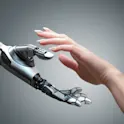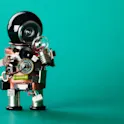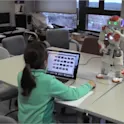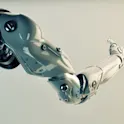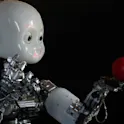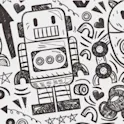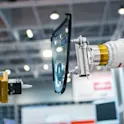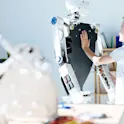
Featured news
27 Oct 2022
How do we stop ‘robot evolution’ from spiraling out of control? Two essential articles on the future of robotics and AI
By Colm Gorey, Frontiers Science Communications Manager Image: Shutterstock.com Robotics and AI have quickly outgrown as tropes of science fiction and are almost ubiquitous in our daily lives, even if we don’t realize it. Now, Frontiers highlights just some of the latest top articles in this fascinating field. Whether it’s wheeled robots whizzing around city-sized warehouses, or if it’s just a smart assistant in your phone, robotics and AI has quickly become integral technologies in our lives. And while big tech companies and gadget lovers are quick to speak of its enormous benefits, those closely studying the field are calling on more caution. These technologies are working well now, but can we allow them to develop indefinitely? That’s among the questions being asked by some of the largest governmental bodies in the world – such as the EU and UN – who believe stricter rules and regulations are needed to keep technology not only within the realms of rapidly-outdated laws, but make sure they don’t eventually lead to our downfall. To that end, here are some of the latest articles published to Frontiers authored by some of the top researchers in their field as part of the research topic ‘Horizons […]



